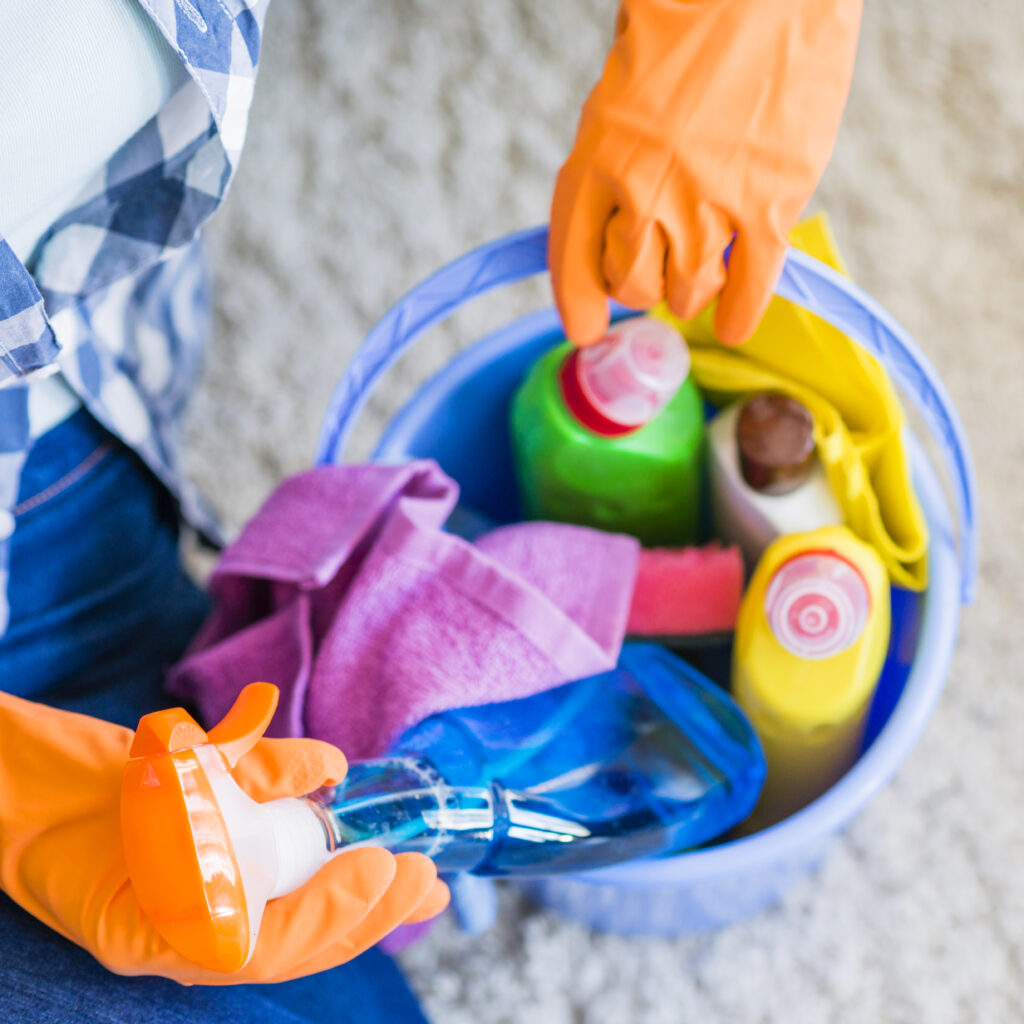Housekeeping and Cleaning Jobs
- Salaries up to R7500
- Flexible schedules
South Africa offers a variety of housekeeping positions across different regions.
It will remain on the same website
The housekeeping profession in South Africa, like many service-oriented roles, plays a crucial part in the broader economy, especially in hospitality, residential, and commercial sectors.
South Africa offers a variety of housekeeping positions across different regions. Major cities such as Cape Town, Johannesburg, Durban, and Pretoria have numerous opportunities in this field. Positions range from general cleaners to supervisory roles in hospitality settings.
Here’s an overview of the big picture scenario surrounding the profession:
Economic Importance
Housekeeping is a significant part of the service industry in South Africa, contributing to sectors like hospitality, tourism, and residential services. As tourism and hospitality are key contributors to South Africa’s GDP, housekeeping roles are essential in maintaining the cleanliness and operational standards of hotels, resorts, guesthouses, and vacation rentals.
Similarly, the growing demand for domestic help in residential areas means housekeeping services are a consistent part of urban and suburban life.
Job Demand
Growth in Tourism and Hospitality: South Africa is a popular tourist destination, and this drives demand for housekeeping staff. Major cities like Cape Town, Johannesburg, and Durban, as well as tourist hotspots like the Garden Route, often require large numbers of cleaners and housekeepers to maintain hotels, lodges, and guest houses. This sector sees cyclical growth, peaking during major tourist seasons.
Urbanization: As more people move into cities for work, residential housekeeping jobs (domestic workers) remain a staple in South African households, especially for working professionals and families with high disposable incomes.
Emerging Cleaning Services: The rise of on-demand cleaning platforms (e.g., SweepSouth) signals the growth of the gig economy in housekeeping. People looking for quick, flexible cleaning services are increasingly turning to online platforms, opening up new opportunities for housekeepers to work as independent contractors.
Training and Career Growth
Limited Formal Education: The housekeeping profession has limited formal training opportunities, although some hotel chains and hospitality organizations offer certifications and training programs. As demand for skilled workers rises, training programs in cleaning standards, hospitality service, and supervisory roles have become more common.
Opportunities for Advancement: Within the hospitality industry, housekeepers can move into supervisory or managerial roles, such as Head Housekeeper or Room Division Manager. Moreover, housekeepers can gain additional skills in customer service, facilities management, or even transition into hospitality management. The trend towards professionalizing the industry could open doors for more structured career paths.
Salaries Insight
In South Africa, the salary for housekeeping jobs can vary depending on the type of work, location, and employer. Here are some general insights into the pay range for housekeeping roles:
- Domestic Workers (Housekeepers): The average salary for a domestic worker (cleaning and housekeeping) is between R3,500 and R7,000 per month.
- Hotel Housekeepers: Supervisors or experienced housekeepers in hotels can earn up to R7,000 to R9,000 per month, depending on the hotel’s star rating and location.
- Hospitality Industry: In luxury hotels or resorts, housekeepers can earn more, ranging from R8,000 to R15,000 per month, especially for supervisory or managerial positions.
- Hourly Rates: Some people in domestic or commercial cleaning positions may also be paid by the hour. The average hourly rate for a cleaner is approximately R30 to R50 per hour depending on the region and job type.
- Specialized Cleaning: If you work in specialized cleaning services like deep cleaning or working in industrial settings, the salary can be higher, often reaching R7,000 to R10,000 per month or more.
Conclusion
The housekeeping profession in South Africa plays a vital role in various sectors, from hospitality to residential services. While there are job opportunities, especially with the growth of tourism and the gig economy, the profession faces challenges around low wages, working conditions, and lack of formal recognition. However, with the growing push for better wages, working conditions, and career development opportunities, the industry is on a slow but positive path toward change.
For those entering the field, there are opportunities for growth, especially within hospitality management or as part of cleaning service companies, but much of the workforce still faces the challenges of informal work and the lack of labor protections.



